Amnesty International publishes new report on discrimination against Dalits
- Dignity Post
- 10-05-2024 06:15
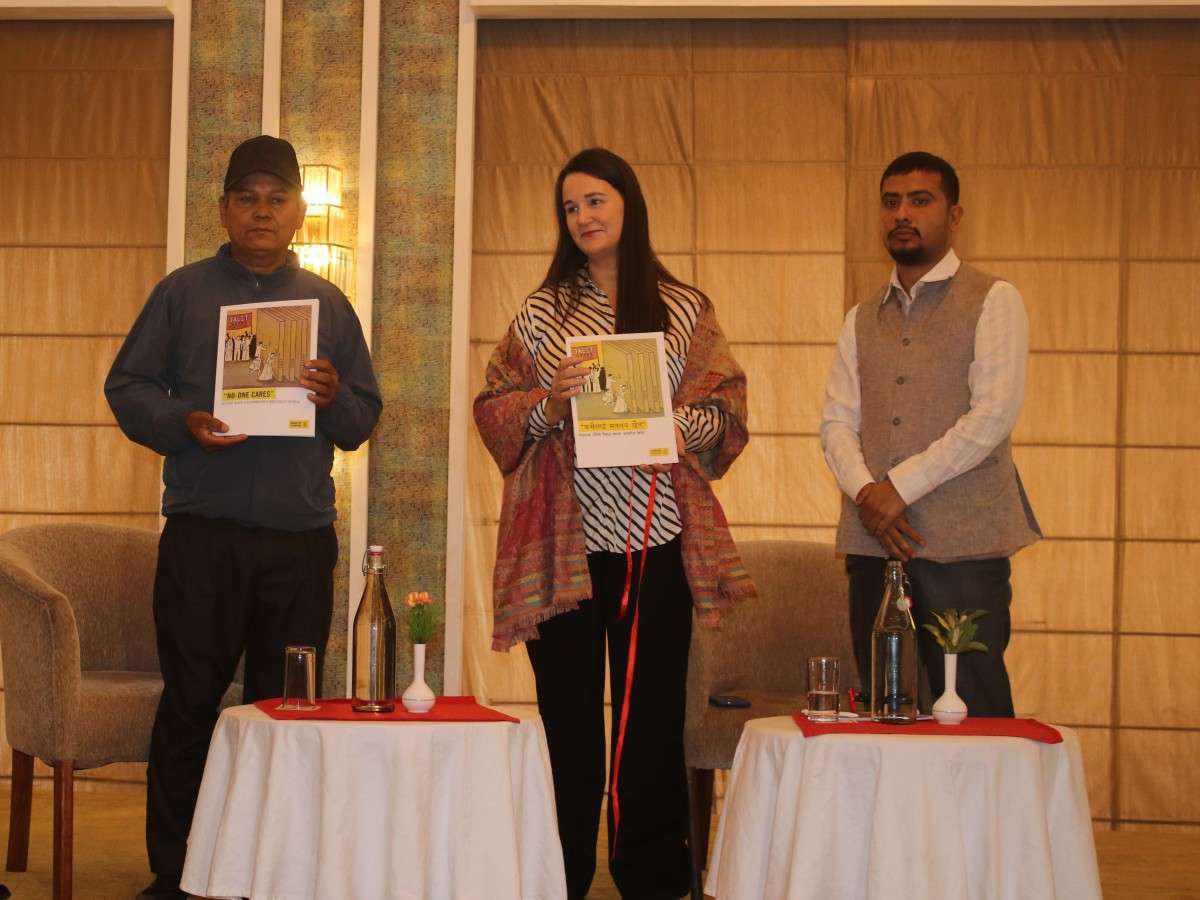
discrimination against Dalits
Amnesty International has published a new Nepal-based report on descent-based discrimination against Dalits in Nepal amid a program in Kathmandu today.
The report titled “No One Cares”: Descent-Based Discrimination against Dalits documents the experience of systemic caste-based discrimination in Nepal and the challenges they face in accessing justice as the Nepali authorities’ existing legal and protective measures prove insufficient and fail to secure their human rights.
The report was launched by Ajit Dhakal Mijar’s father Hari Bhakta Dhakal Mijar, Amnesty International’s Gender, Racial Justice and Refugees Programme's Director Fernanda Doz Costa and Amnesty International Nepal’s Chairperson Bipin Budhathoki.
“The root of descent-based discrimination is very similar to other forms of racial discrimination across the world. This systemic oppression is a result of unequal power relations in society. How do we change that power dynamics is key to addressing intersectional gender violence and discrimination? Suppose we don't work to create an environment where we don't contest this system of oppression and discrimination. In that case, we all lose a little bit of humanity,” said Fernanda Doz Costa, Gender, Racial Justice and Refugees Programme Director at Amnesty International, at the launch.
The report summarises how the State of Nepal has fallen short in protecting Dalits and causing distrust in the police and justice system. It documents the experience of Dalits, especially Dalit women, with systemic caste-based discrimination in Nepal, including the practice of untouchability, and the challenges they face in accessing justice. The report is based on one-to-one interviews with Dalit women survivors of caste-based violence and with members of three families of young Dalit victims, namely Angira Pasi, Ajit Dhakal Mizar and Nabaraj BK, who were killed due to caste-based violence related to their inter-caste relationships.
Expressing his respect to Ajit Dhakal Mijar’s family, Amnesty International Nepal’s Director Nirajan Thapaliya, said, "I would like to express my deep respect and sympathy on behalf of Amnesty International to all the families and members of victims like him across Nepal. The courage, patience, and courage they showed to get justice has inspired us all; they are the real "heroes" of this society. I believe that you will take this study report and the recommendations of this report as a small effort of Amnesty International, partner organizations and activists in the direction of strengthening and strengthening this unshakable belief and faith of these people.”
The findings of the report conclude that discrimination against Dalits is still systemic and widespread and has concrete impacts on the lives and human rights of Dalits, despite the constitutional and legal reforms, as well as the creation of policies and institutions. The state needs to adopt appropriate legislative, administrative, budgetary, judicial and other actions towards the full realization of all human rights for Dalits, especially Dalit women and girls.
The public launch of the report was followed by a panel discussion with Fernanda Doz Costa; Durga Sob, Founder of Feminist Dalit Organization (FEDO); and Raju Paswan, of Informal Sector Service Centre (INSEC).
The public launch was attended by civil society members, government officials, journalists, and members of the Amnesty movement in Nepal.


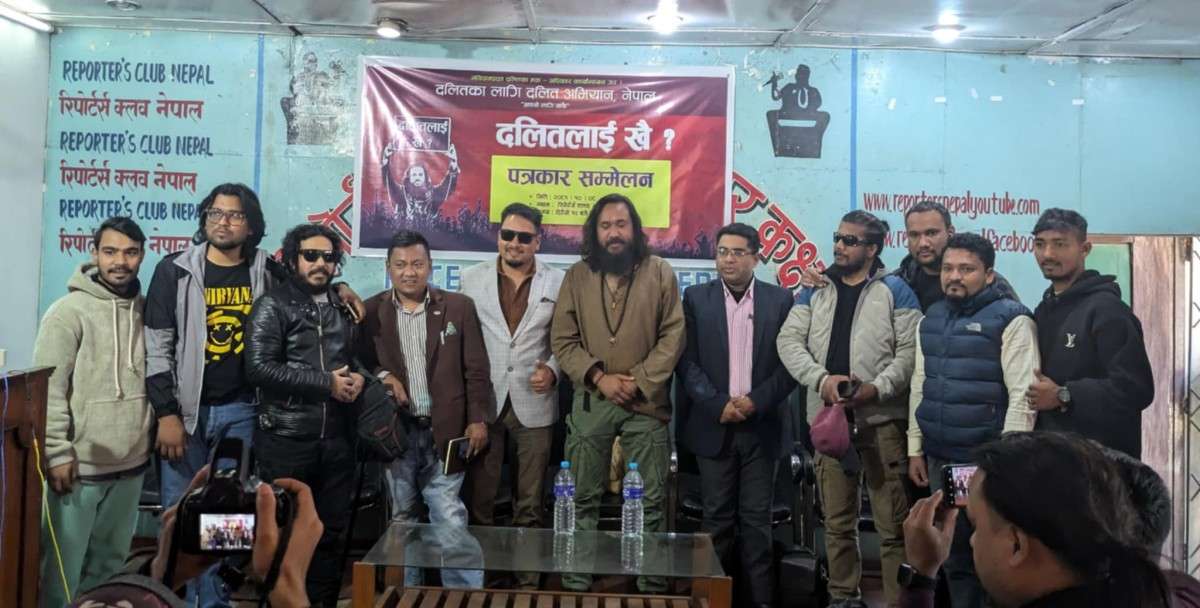
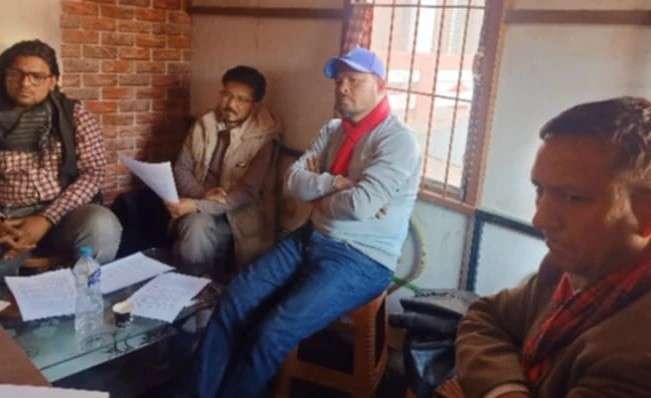

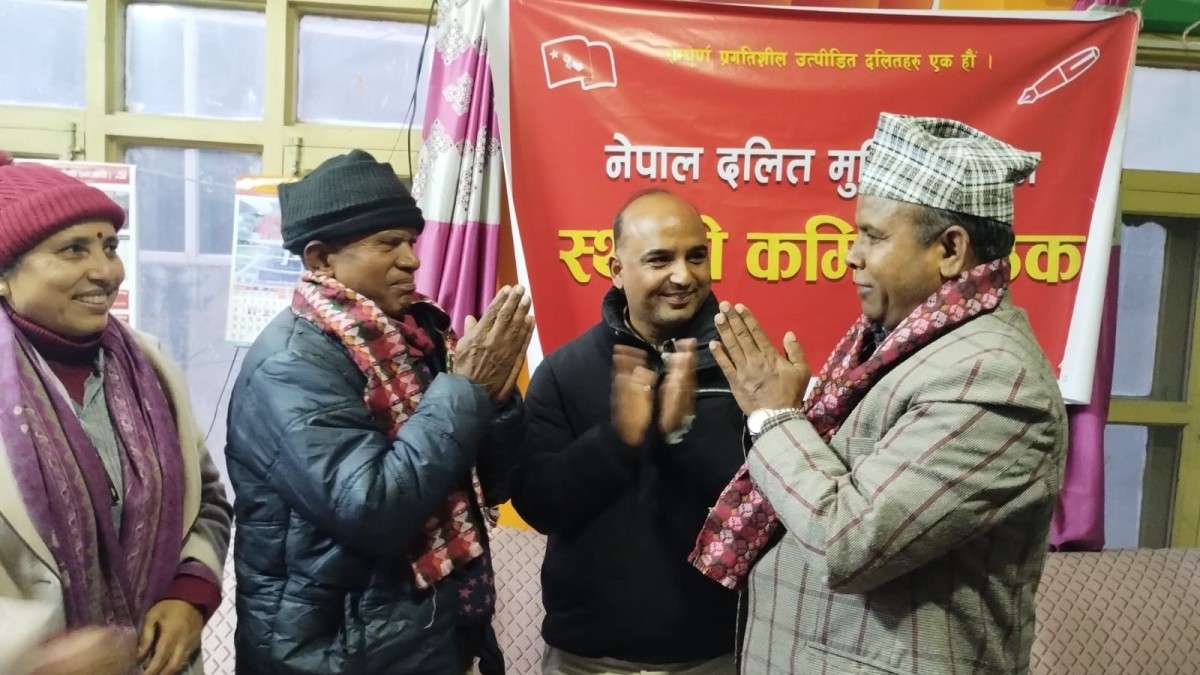
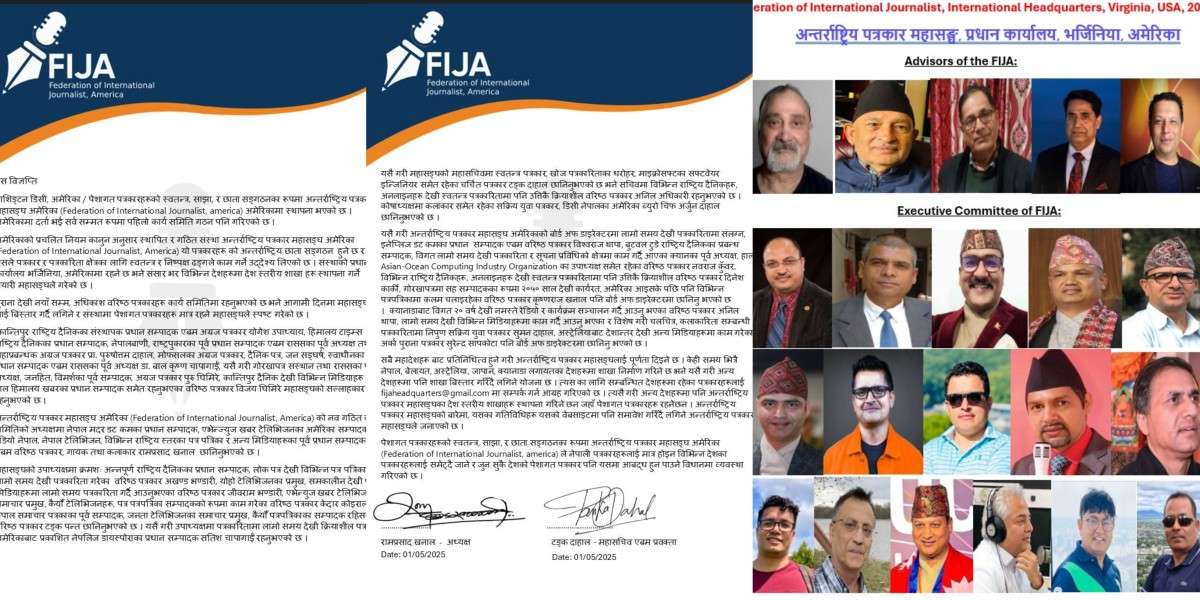




Conversation